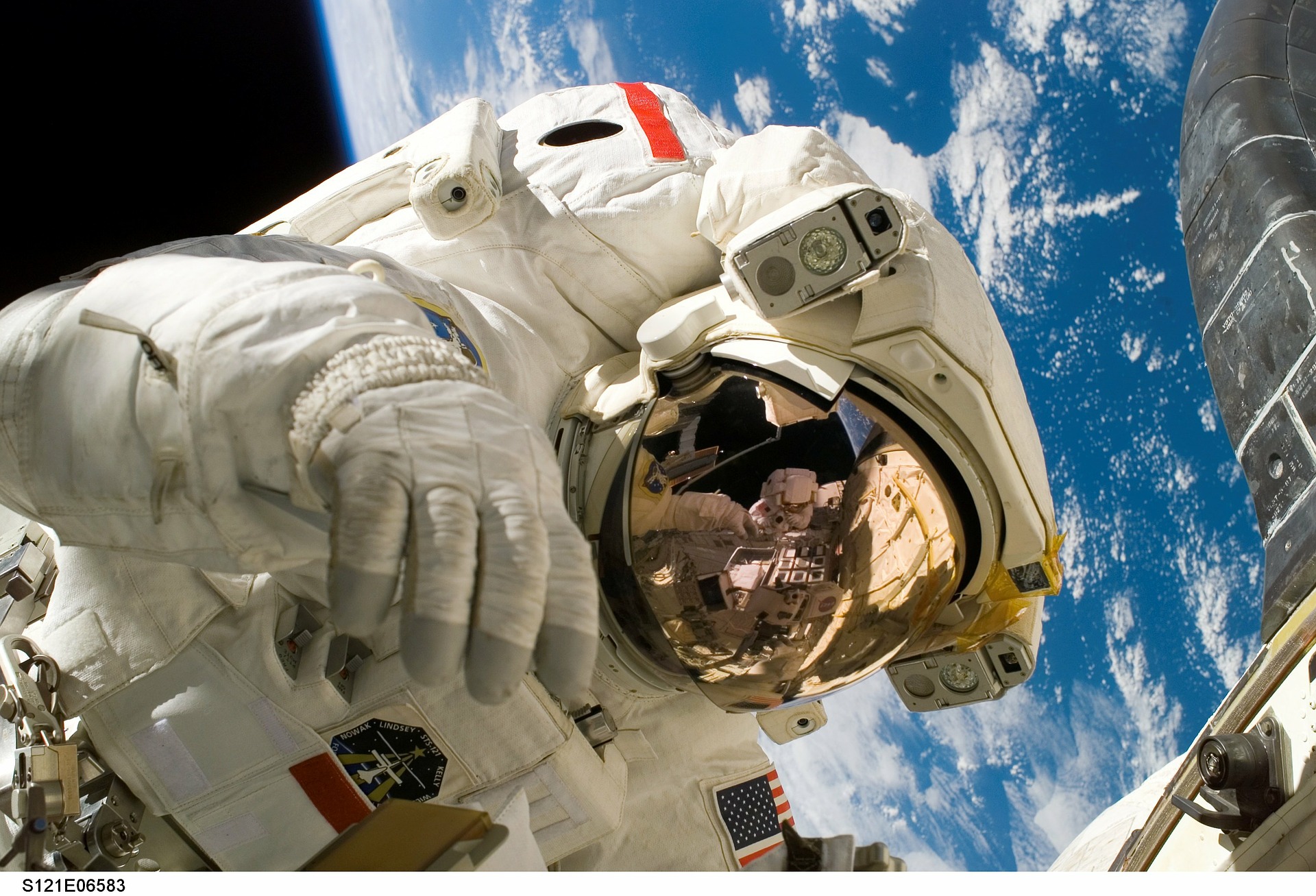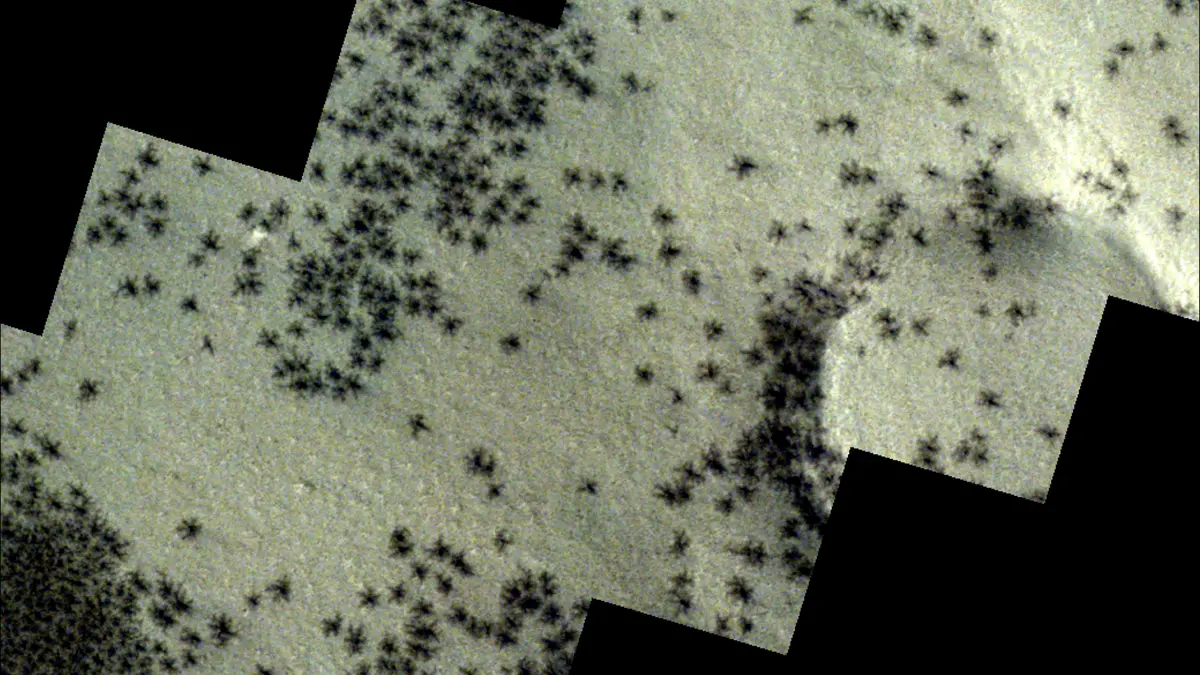Researchers from the Icahn School of Medicine at Mount Sinai discovered that astronauts are at high risk for developing mutations. According to their study, spaceflight could be associated with DNA mutations and an increased risk of developing heart disease and cancer.
Researchers studied blood samples taken from 14 NASA astronauts who flew Space Shuttle missions between 1998 and 2001. They found that all 14 astronauts’ blood had DNA mutations known as somatic mutations. These were marked by a high proportion of blood cells originating from a single parent cell in a process called clonal hematopoiesis.
However, these mutations are not expected to pose a serious threat to the astronauts’ long-term health
But this emphasizes the need for ongoing blood screening of astronauts throughout their careers and even after their retirement.
Researchers explained that such mutations are often associated with exposure to ultraviolet radiation or certain chemicals. Usually these are observed in patients undergoing cancer chemo- or radiotherapy.
Study’s lead author David Goukassian, said, “Astronauts work in an extreme environment where many factors can result in somatic mutations, most importantly space radiation, which means there is a risk that these mutations could develop into clonal hematopoiesis”
“Given the growing interest in both commercial spaceflights and deep space exploration, and the potential health risks of exposure to various harmful factors that are associated with repeated or long-duration exploration space missions, such as a trip to Mars, we decided to explore, retrospectively, somatic mutation in the cohort of 14 astronauts,”







